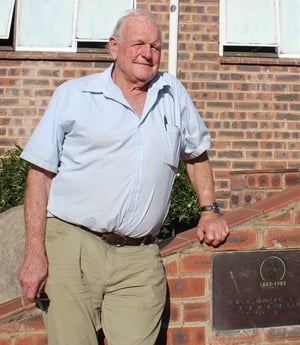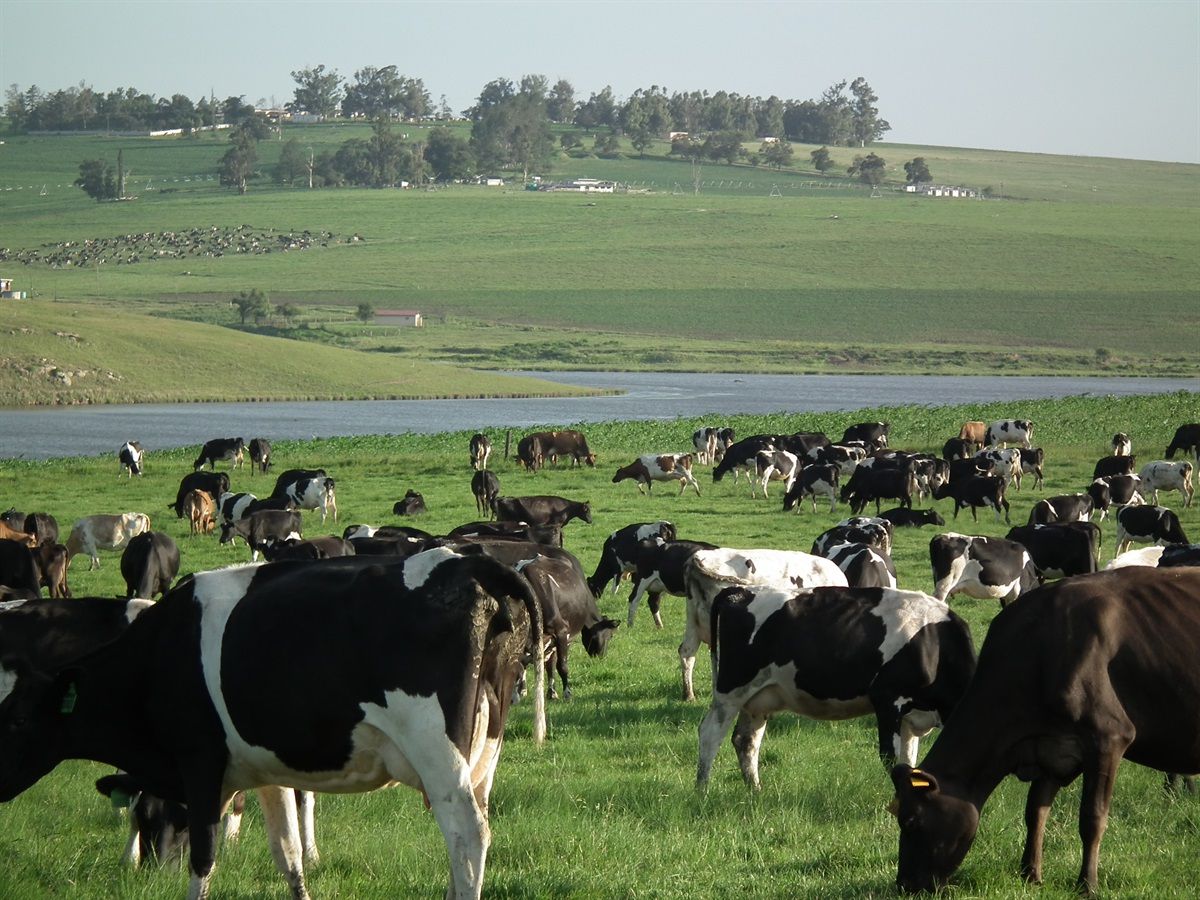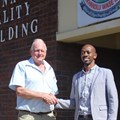Non-profit organisation, the Upper Midlands Agricultural Transformation Initiative (uMATI) started out as the Mpofana Irrigation Project with the aim to create a sustainable water supply for the community in the area. Since then, it has evolved into an organisation which seeks to facilitate meaningful change from the ground up. We chat to uMATI project manager, Graham Armstrong, to find out more.

Graham Armstrong, uMATI
Tell us more about uMati – how it all started, where it is and where it’s going in the future
We began in 2013, when we realised that the construction of Springrove Dam would reduce the amount of water available not only for our commercial farmers, but for all those depending on water for their livelihoods along the Mooi River. This sparked us into action and what began as a dam building exercise (to build new dams for increased water capacity), soon became an inclusive process, looking at the entire catchment as an area in need of transformation.
We understood that we couldn’t create new jobs, facilitate more access to land and opportunity, without providing the means for people to share their skills and technical know-how with the new black entrants into agriculture as well as create medium/long term education goals for young entrants into the sector.
We have now registered as an NPO, we have six young men at Weston Agricultural College, we are an active participant in the local Agri-Park programme, we are assisting the Department of Agriculture with the re-establishment of the land reform farms in the area and we are part of the Kwanalu transformation team.
In which ways did the issue of water highlight the need for significant improvements to social, agricultural and environmental issues in the area? What insights were gleaned that allowed uMati to evolve to what it is now.
As you may be aware, in our area, water is the source of our economic activity. We have dairy, beef, cropping, trout, pork and forestry. In recent years, the industrial textile hub has shed numerous jobs, meaning that we need to focus on the agricultural sector that is solid and productive - we need to take what works and support and develop it.
Hence we realised that the economic activity surrounding agriculture is the most significant springboard from which we can make an impact. When the government purchased more than 50 farms through the land reform process, we had hoped these would all continue to produce and be productive, however the decline in agricultural activity has been alarming and we cannot stand back and let it worsen. It is for this reason that we have contracted our engineers to explore possible dam sites on those farms, we have developed a guideline for our farmers wishing to partner with land reform beneficiaries and we are working with the communities on those farms as well as the Departments of Agriculture and Rural Development and the Department of Rural Development and Land Reform.
I would say that the most important lesson through all of this has been to include all citizens and government departments (including local and district municipalities) in the planning of any project or growth initiative. This fundamental shift has transformed us from being a dam building engineering project, to become a very broad and inclusive community building initiative, with the dams as one of the pillars, but not the objective.
What role does resources (water, food, energy) and the equal distribution thereof, play in communities in the area?
Initially I think that government has hoped that shifting land title (natural resources) would also shift wealth, but we have seen a decline in the livelihoods of land reform beneficiary families. So yes, without these resources people are not able to function, but having them does not automatically mean that people will survive.
Its about the system of support, production finance, access to markets, managing large groups of owners, education levels, the governments ability to deliver on time... all these factors are not measurable and require protracted support, which comes at a cost, and that’s part of the role that we play. Not easy to measure, but like a good wicket keeper, you only notice them when they are not there.

Mearns Farm (Image Supplied)
How important is it to engage with communities in broader sense (not just the farmers, but the schools, churches, etc.) to make agricultural transformation successful and sustainable?
That’s the do or die question.
Our communities have operated through structures for many years, whether it’s the civil neighbourhood structure, a development committee, the school governing body, the commuter association – but without complete engagement of all of these bodies, you are exposing any initiative to disruption. For example, on our Agri-Park committee we have representation from the war veterans, youth, women, disabled, beef, vegetables, the municipality and various departments, and we are busy verifying the legitimacy of those representatives on the committee… which in itself is a process.
What is uMati’s environmental ethos and how is applied on a daily basis?
At all times we have undertaken to comply 100% with the Department of Water and Sanitation, and have spent in excess of R2m in making sure we respect the environmental triggers in our area.
Tell us about the role of agriculture education and training plays for the initiative - the students studying at Weston Agricultural College, engaging with the school children to teach them about farming – and why engaging the youth, in particular, is so important.
Farming is becoming increasingly difficult, with global markets forcing us to compete with subsidised farmers from other countries. To expect a young person to walk onto a farm and compete in that environment is naive. Hence our approach is one that says, in the medium term, we will begin to see the youth more and more active in farm management and then ownership. But it’s a multigenerational undertaking that has to start now.
We are very proud to confirm that we have four young boys at Weston Agricultural High School, all paid for by our members. We will be watching them closely and doing our best to keep them in the farm system. It is our intention to expand this bursary programme by soliciting more funding to ultimately include all levels of education from Early Childhood to Adult Basic Education.
In the short term, however, we are identifying farmers who have shown passion and ability and we are supporting them to grow and building them up as job creators in their own environments.








































